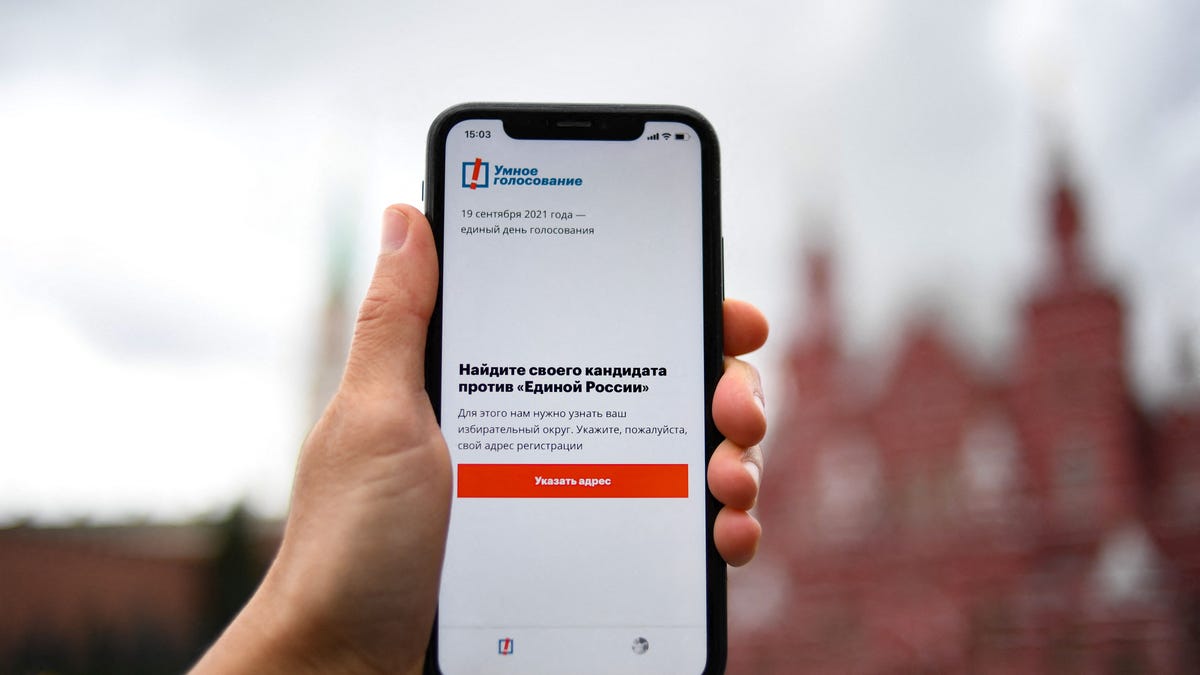Apple and Google reportedly remove 'Smart Voting' app as Russian election starts
The app, also known as the Navalny app, was designed to "consolidate the opposition vote."

The Smart Voting app was reportedly created by jailed Russian opposition leader Alexei Navalny.
An app created by jailed Russian opposition leader Alexei Navalny has reportedly been removed from the Apple and Google app stores in the country as the parliamentary election kicked off Friday. The tech companies removed the app after pressure from Russian authorities, according to reports from The New York Times and Associated Press.
The Smart Voting app, also known as the Navalny app, was designed to "consolidate the opposition vote in each of Russia's 225 electoral districts," according to the Times. It reportedly let people enter their address and would then offer up candidates to vote for. The idea behind the protest vote was to get politicians not approved by the Kremlin into parliament, whether or not people agreed with an individual candidate's views, according to the Times.
See also: How Russia has spent a decade crumbling online freedoms
Russia's parliamentary elections run from Friday to Sunday. President Vladimir Putin's United Russia party is reportedly expected to win a majority of seats amid a crackdown on opposition.
Ahead of the election, the Kremlin has stepped up online censorship, including demanding keywords associated with the opposition be blocked from Google and Russian search site Yandex. Platforms like Twitter and Facebook have also faced pressure to purge content the Kremlin disapproves of.
Apple and Google didn't immediately respond to requests for comment.

